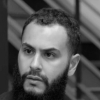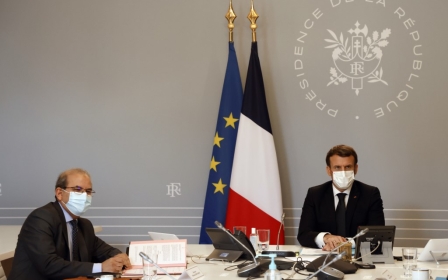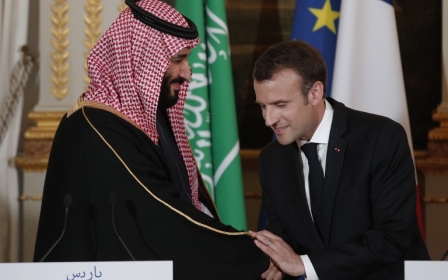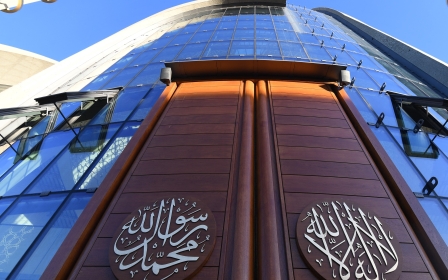Makkah Charter: Another western-inspired tool of Islamophobia
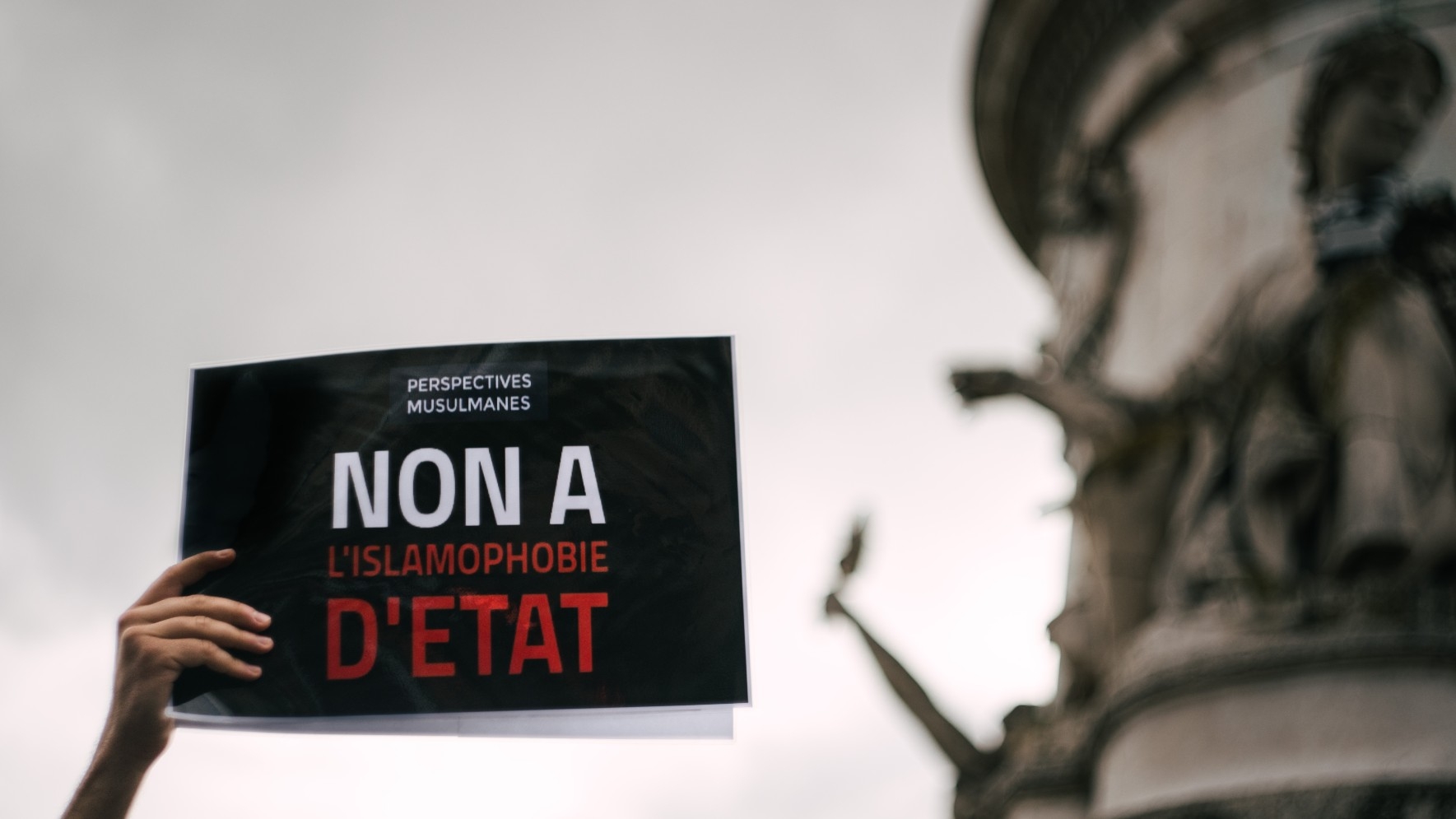
Since the Arab Spring, Gulf nations have been politically galvanised by agendas and narratives crafted by the West.
The UAE has firmly established itself as an authoritarian satellite of American policies in the Middle East, spearheading the normalisation process with Israel. Saudi Arabia, under the leadership of Crown Prince Mohammed bin Salman, is beset by an aggressive imposition of liberal ideals.
Both nations have espoused the claim that faith-based political dissent qualifies as a form of “extremism” that requires surveillance and crackdowns. Under Mohammed bin Salman’s leadership, more than 300 prisoners of conscience have been held in Saudi Arabia, some of whom were reportedly tortured.
Last year, the UAE refused to release at least 41 political prisoners who had completed their sentences. The UN Committee Against Torture cited concerns over “a pattern of torture and ill-treatment against human rights defenders and persons accused of offences against state security”.
And such policies are not limited to the domestic sphere, with the Gulf states aiming to influence Muslim minorities in Europe as well. As part of its diplomatic strategy, the UAE has worked to stoke Islamophobic policies in countries such as France.
New MEE newsletter: Jerusalem Dispatch
Sign up to get the latest insights and analysis on Israel-Palestine, alongside Turkey Unpacked and other MEE newsletters
Saudi Arabia’s political and religious diplomacy is even more ambitious. At a conference in London last month, the Mecca-based and state-funded Muslim World League ratified its controversial “Makkah Charter” for training imams in Europe, and created a body for European Muslim communities that includes a “committee for fatwa and religious guidance”.
According to researcher Asim Qureshi, the charter seeks “to centralise the authority to a state-managed version of religion” and serves to normalise “the oppressive state of affairs for Muslims around the world”.
Prior to this meeting, the League, which says it represents "true Islam", had held meetings with selected state-aligned scholars since 2019 to promote the charter and establish institutional ties. The ratification ceremony last month took place in front of a carefully selected panel.
Religious rubber-stamp
Unsurprisingly, the charter’s political messaging revolves around key tenets first popularised by western policymakers, supporting an Islamophobic narrative.
Rather than highlighting the West’s role in fuelling Islamophobia, the charter appears to blame Muslims themselves, noting: “The phenomenon of Islamophobia results from an inability to truly understand Islam. True understanding of Islam requires an objective view that is devoid of stereotypical and prejudicial notions, which are often projected by those falsely claiming to be true Muslims.”
It opposes any “intervention in the internal affairs of countries”, providing religious cover to European states’ Islamophobic policies. In exchange, Saudi Arabia is granted political legitimacy, as Europe turns a blind eye to its draconian crackdown on human rights and political dissent.
The Makkah Charter is thus no more than a diplomatic tool used by an authoritarian regime to legitimise its own tyranny
France - as is typical in matters of Islamophobia - also plays a role in this scheme. Two major promoters of the state’s interests and policies were invited to the launch: Chems-Eddine Hafiz, rector of the Grand Mosque of Paris, and Ghaleb Bencheikh, head of the Foundation for Islam in France. In his speech, Hafiz warmly welcomed the charter and promoted French republican secularism, a concept historically used to curtail Muslims’ freedom to practise their religion and express political dissent.
The Makkah Charter, initially drafted in 2019, likely inspired the French “imam charter” adopted in 2021. As Hafiz reminds us, both have the same goal: “To confront the peril of ignorance and the amalgam that reigns around Islam and pushes people to conceive of it as an incompatible religion, if not dangerous, for France.”
The juxtaposition of the concepts of incompatibility and danger signals the underlying political reasoning behind the French and Saudi charters. Traditional Islamic beliefs and practices that do not align with the state’s political vision must be progressively marginalised and eventually outlawed.
This criminalisation process is then granted a religious rubber-stamp by state-aligned scholars. What is left of the Islamic message, now stripped of the capacity for dissent, is labelled “enlightened Islam” - an expression used by Macron in 2020 - or “moderate Islam”, an expression used by Mohammed bin Salman in 2017.
The Makkah Charter is thus no more than a diplomatic tool used by an authoritarian regime to legitimise its own tyranny - a message that consciously deforms Islam to achieve political goals.
The views expressed in this article belong to the author and do not necessarily reflect the editorial policy of Middle East Eye.
Middle East Eye delivers independent and unrivalled coverage and analysis of the Middle East, North Africa and beyond. To learn more about republishing this content and the associated fees, please fill out this form. More about MEE can be found here.


